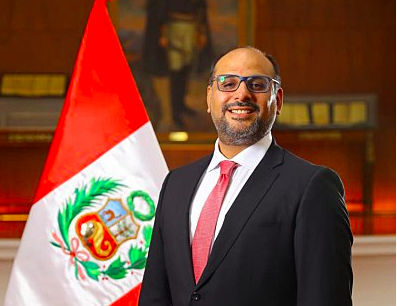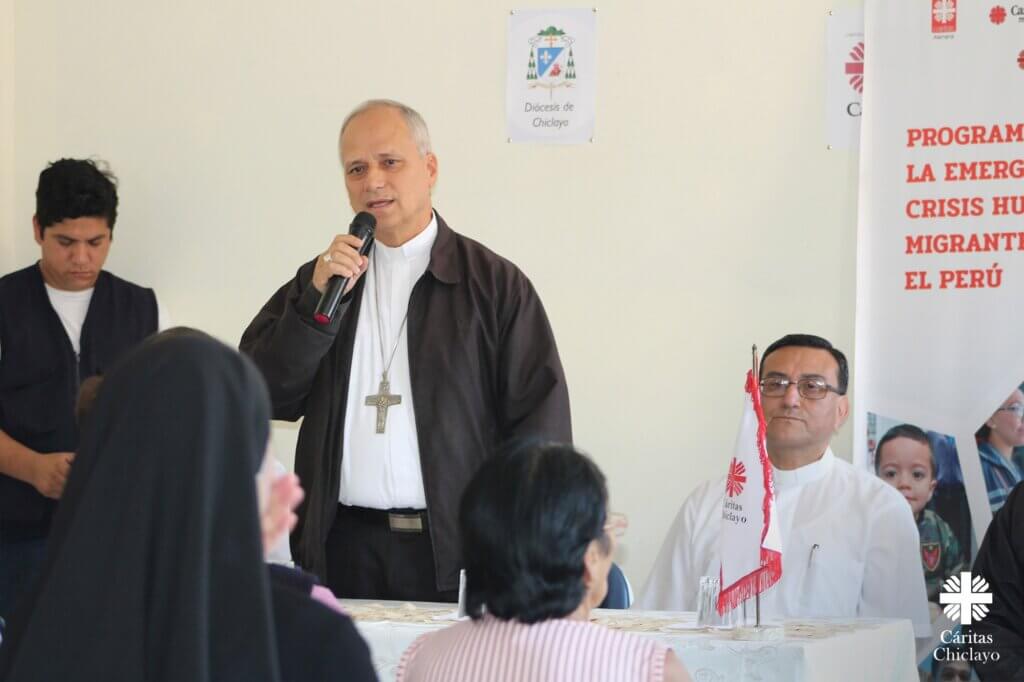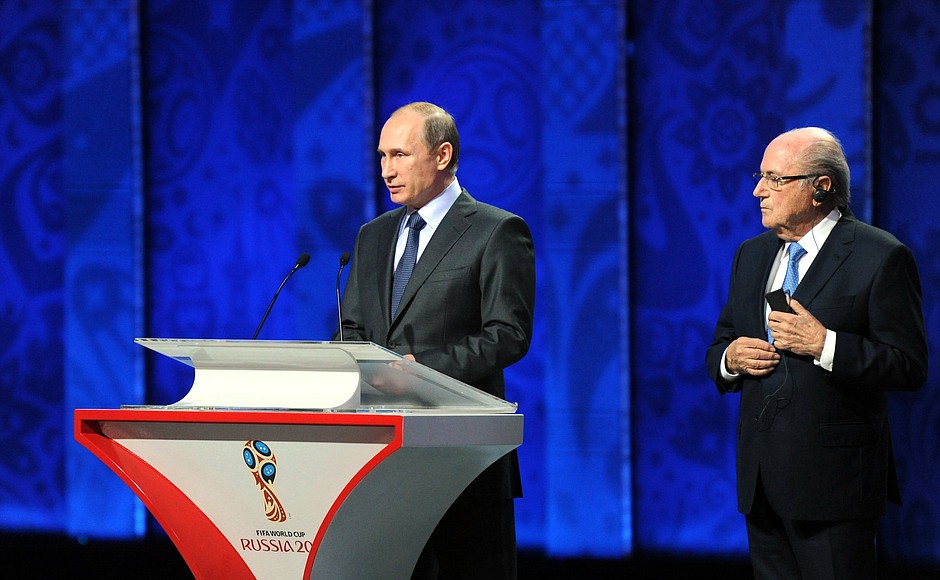A faction of Peru’s teachers is again striking for better salaries and working conditions. Representing a subgroup of The United Syndicate of Education Workers in Peru (Sutep), the group is led by lead protestor Pedro Castillo, according to Peru’s El Comercio.
Castillo led similar strikes last year lasted 75 days, leading to loads of missed class time for students in the country. However, the unofficial sub-union has not been recognized by the Peruvian government or Sutep, reports indicate.
In an interview with La República news site, Minister of Education Daniel Alfaro said that the ministry will immediately look to find replacement professors for those who are engaging in protests so as to not run the risk of having students miss even more class time. Alfaro said all conditions agreed upon last year by both sides that ended the long protests are still being followed.
“In August of last year, agreements were signed with the representation of regional unions and those agreements are being complied with,” Alfaro told the news site. “Right now there is no reason for the teachers to go out and strike.”
One of the major points in the agreements settled on last summer was the pay wage raise from 1,550 to 2,000 soles, which Alfaro said is still being done.
The unofficial union led by Castillo wants for wider investment to be made in education across the country, asking that Peru raise its percentage of GDP used for education from what they say is the current rate of 3.7 percent to 6 percent.
Alfaro said that because the strike is deemed illegal there will be sanctions and punishments placed on those teachers who do go out into the streets Monday and beyond.
“Sure, there will be sanctions in accord with the law against any strike that has been declared illegal,” Alfaro said. “We need to bring in teachers to replace those striking. Pay deductions will be applied to those protesting and with that money the substitute teachers will be paid.”
Prime Minister César Villanueva reiterated the government’s stance that any strikers will be punished according to the law.
In some cases, teachers may be replaced by hiring temporary teachers rather than substitute teachers for one day, Alfaro said.
Sutep heads have said that they expect the turnout of Castillo’s strike to be minimal because the teacher’s union has not recognized it as legitimate and because of the potential punishments from the government.







